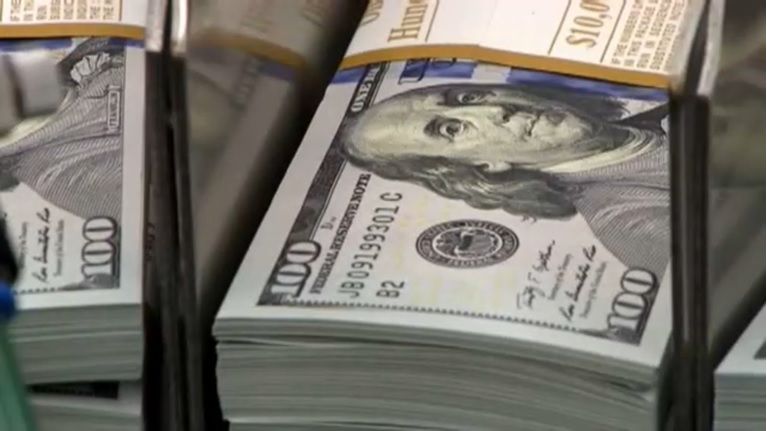The cascading revenue losses as a result of the coronavirus pandemic is forcing lawmakers and Gov. Andrew Cuomo to rethink how the state budget will be shaped.
But time is short to have some sort of spending plan in place: The budget is due at the end of the month.
Lawmakers and the governor face some of the most consequential set of budget questions in a decade for New York.
Ten years ago, the economic meltdown ravaged the state's finances, leading to caps on spending and reductions.
But this crisis is different considering the economy has been brought to a virtual standstill.
People aren't just losing their jobs or at risk of doing so, entire industries are shutting down to prevent the spread of the virus, while Wall Street is facing historic turbulence.
Cuomo, in a press briefing Wednesday, ruled out tax hikes to help make up the billions of dollars in lost revenue that's estimated by Comptroller Tom DiNapoli to hit the state's coffers.
"You have businesses closing, you have people out of work," Cuomo said. "I don't think now is the time we're going to tell people we're going to raise your taxes."
So that will likely leave previously unpalatable options on the spending side. After health care the costliest item in the budget is education.
For now, it remains to be seen how schools are going to be affected.
"That's something we're going to have to work out in the budget," Cuomo said. "But the original estimates were done before this. Any reasonable person would say those revenue estimates are too high."
Senate Majority Leader Andrea Stewart-Cousins later in the day echoed the governor's sentiment: Tough choices are on the horizon.
"Every single thing, every single assumption that we've had has got to be challenged and it's got to be adjusted for the reality we are in," she said. "So I'm not assuming anything. We are all looking at everything a day at a time."
Pre-crisis, Stewart-Cousins had been lukewarm to the push to tax rich people. She remains so.
"I don't know how we tax our way out of this," she said.
Assembly Speaker Carl Heastie raised the possibility of federal intervention for the states, noting the national government doesn't have to balance its books like New York.
"I really hope," he said, "the federal government steps in."



